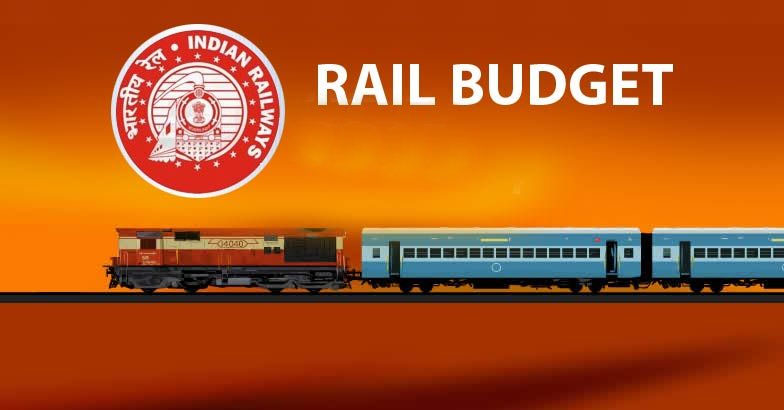NEW DELHI : In a major overhaul, the Cabinet today approved advancing presentation of the annual Budget by a month, scrapped over nine-decade old tradition of having a separate Railway Budget and removed classifications for expenditure to make the exercise simpler.
With a view to get all the legislative approvals for the annual spending and tax proposals before the beginning of the new financial year on April 1, the Cabinet headed by Prime Minister Narendra Modi approved advancing date for presentation of the General Budget by a month instead of present practice of unveiling it at the end of February.
The Cabinet also approved merging Railway Budget with the general Budget and doing away with distinction of plan and non-plan expenditure, officials said.
To facilitate this, the Budget Session of parliament will be called sometime before January 25, a month ahead of the current practice.
Accordingly, the beginning of budget preparation will be advanced to early October and GDP estimates made available on January 7 instead of February 7 now.
Till now Budget was presented on the last day of February and it is not until mid-May that the Parliament approves it in two parts. And with the monsoon arriving in June, most of the schemes and spendings by states do not take off until October, leaving just half a year for their implementation.
Early presentation of Budget would mean that the entire exercise is over by March 31, and expenditure as well as tax proposals come into effect right from the beginning of new fiscal, thereby ensuring better implementation.
Also, the 92-year old practice of presenting a separate budget for Railways has been scrapped and proposals pertaining to it would now form part of the General Budget.
This would lead to presentation of a single Appropriation Bill, including the estimates of Ministry of Railways, thereby saving precious time of Parliament by not having to hold separate consideration and passing of two Appropriation Bills.
The Cabinet also approved removal of distinction between Plan and Non-Plan expenditure as the present classification resulted in excessive focus on former with almost equivalent neglect to items such as maintenance which are classified as non-Plan.
The Cabinet felt it is the total expenditure, irrespective of Plan or Non-Plan, that generates value for the public. Plan expenditure was for the first time presented separately in the budget for 1959-60. (AGENCIES)
Trending Now
E-Paper


